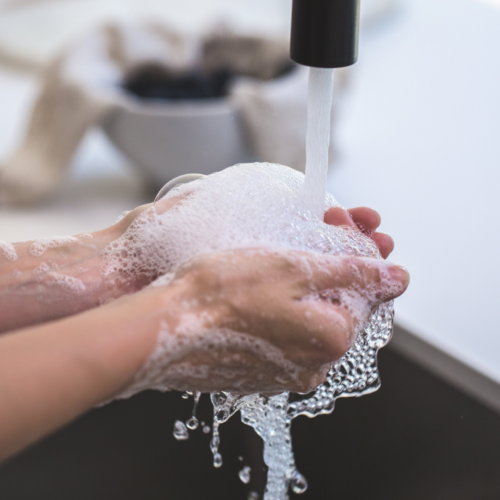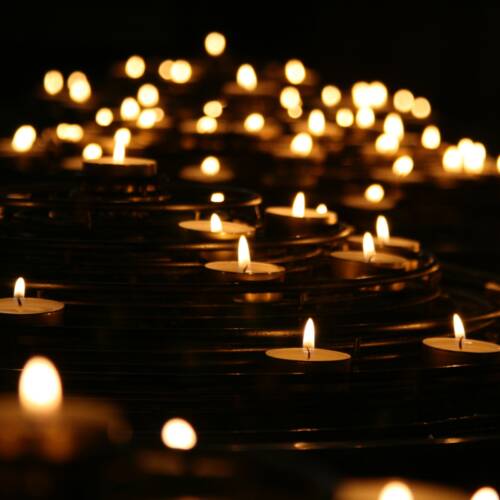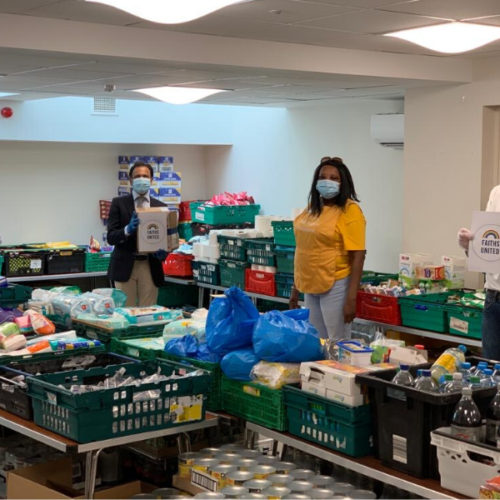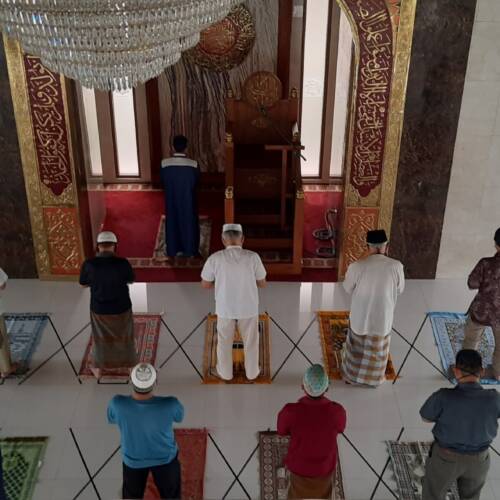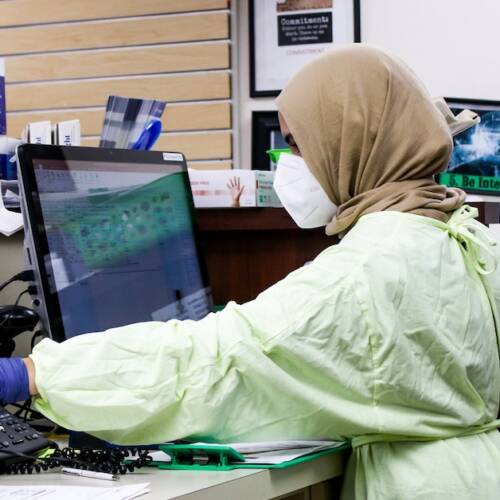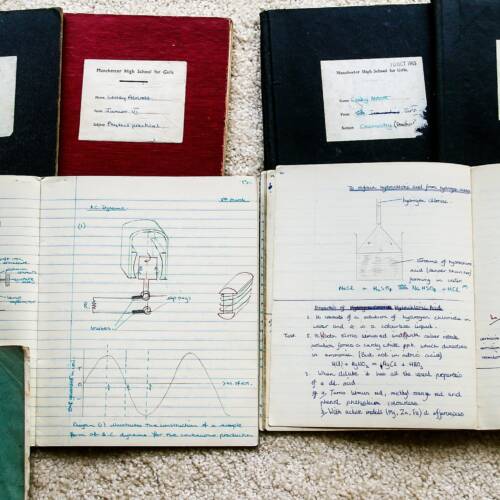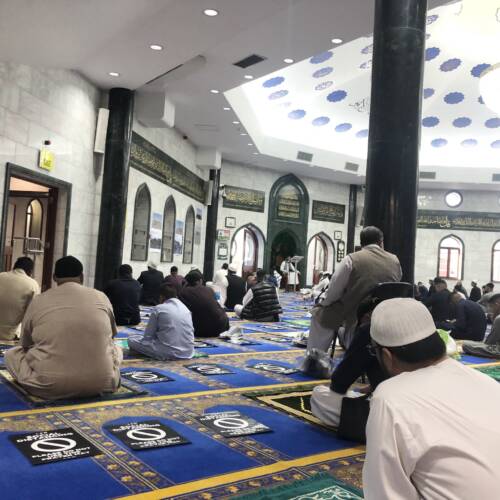
NHS Urged for More Coronavirus Support to Pregnant BAME Patients
29 Jun 2020NHS England is calling on doctors and midwives to provide for checks and support for people of Black, Asian and Minority Ethnic (BAME) backgrounds due to risks associated with the coronavirus.
The NHS says that pregnant women of BAME backgrounds are at least four times more likely to be hospitalised for COVID-19 than white pregnant women.
The move to protect BAME people from the coronavirus comes as local governments and councils are becoming increasingly aware of the disproportionate impact BAME people have suffered during the outbreak. The councils of Liverpool and Newcastle, as well as the Welsh government, will be taking action to tackle the root causes of the deaths.
Pregnant Black women are eight times likelier to be hospitalised due to the coronavirus
NHS England announced that it will be rolling new protections for pregnant BAME women due to the greater risks they face from the coronavirus. The move comes after a new report that pregnant Black women are eight times likelier to be admitted to hospital due to COVID-19 compared to pregnant white women while pregnant Asian women are four times likely. In total, 55% of the pregnant women hospitalised due to COVID-19 are of BAME backgrounds.
The new support being rolled out will aim to improve monitoring and reduce risks. The steps include:
- Increasing support for at-risk pregnant women including availability of clinicians and a lower threshold for review;
- Considering multidisciplinary escalation in women from a BAME background;
- Reaching out to pregnant BAME women with tailored communications;
- Ensuring vitamin, supplements and nutrition are covered, especially as women low in vitamin D may be more vulnerable to the coronavirus;
- Ensuring that information such as ethnicity and other risk factors (BMI, age) are thoroughly recorded to help identify those at risk of poorest outcomes.
England’s most senior midwife, Jacqueline Dunkley-Bent from the Royal College of Midwives, also advised women to call their midwife if they have a cough are breathless or feel hot and shivery.
“While Public Health England is continuing to assess and advise on the impact of the COVID-19 outbreak on ethnic groups, I want to make sure that the NHS is doing everything we can to reach out, reassure and support those pregnant women and new mums most at risk,” Dunkley-Bent said.
Awareness about the failings that led to disproportionate BAME deaths grows
The rollout of the new guidance comes amidst increasing awareness about the impact BAME people are experiencing due to the coronavirus, as well as the factors behind it.
In Liverpool, health officials called on BAME communities as a whole to be given more protection. British Medical Association Representative Body deputy chair, Dr Latifa Patel, said that report after report has confirmed that BAME people are under risk and suggested better-focused risk assessments for BAME frontline pandemic workers, with ideas like telephone or “virtual” assessments suggested. This comes after a report found that many BAME health workers have not received risk assessments.
In Newcastle, the city council launched an investigation into how disproportionately the city’s BAME community has been impacted by the pandemic. Describing the situation as a “scandal”, the city council pledged to fully understand the factors involved.
“The disproportionate impact of Covid-19 on the BAME community has been one of the scandals of the pandemic and only serves to highlight the shameful inequalities that exist in our society,” said Councillor Irim Ali.
In Wales, a report commissioned by the First Minister, Mark Drakeford, confirmed systemic racism has contributed to BAME coronavirus-related BAME deaths in Wales. The report indicated that people’s backgrounds exposed them to the type of jobs that put them more at risk and made them more worried about complaining about issues such as a lack of PPE.







